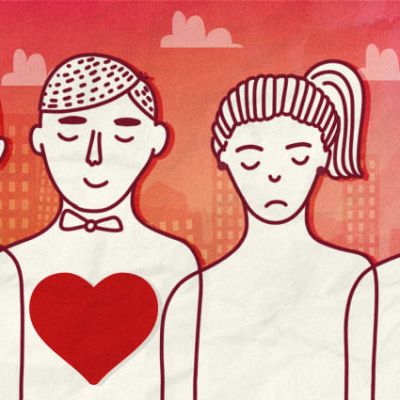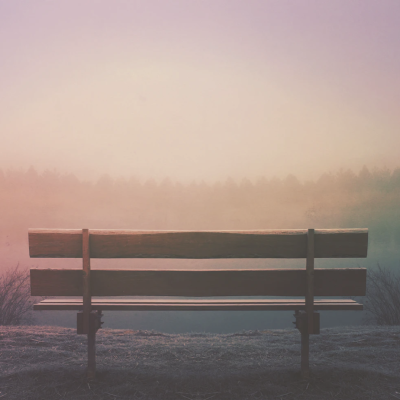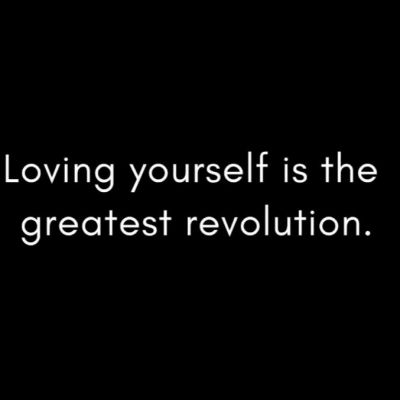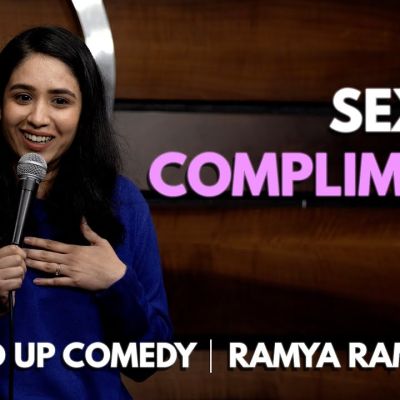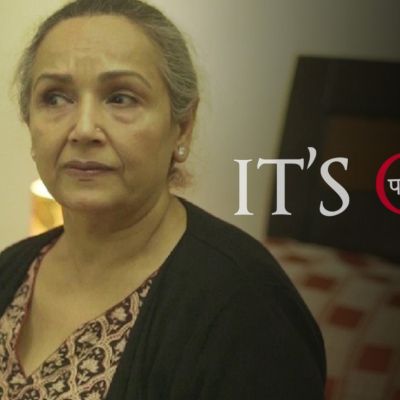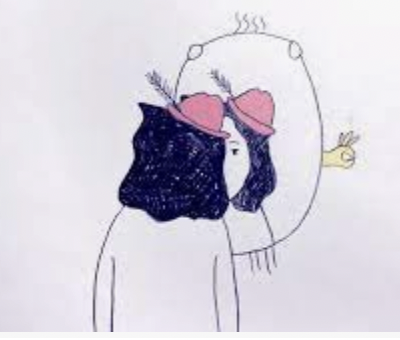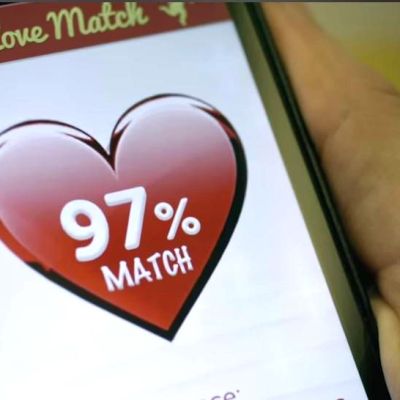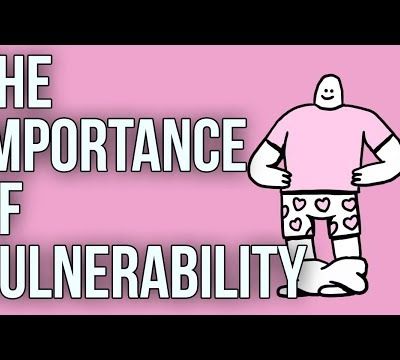relationships
They were stranded together on an island, the only two English-speaking writers at a conference (this somehow happens in Berkeley). They have wild and instant intimacy of the kind where you tell each other everything. It’s the kind of friendship in which you want to be together all the time, the world is not enough, the day is not long enough to give you all the time you want with your friend.
Indian families rarely say “I love you” to each other. Maybe it is an extension of the fact that parents are awkward while displaying any sign of affection to each other around their kids or elders.
What exactly does being ‘comfortable with your sexuality’ mean? From a young age, all children, especially girls, are taught about specific ‘values’, and how we all need to behave in a certain manner or else we’re being ‘inappropriate’. However, I think the term ‘inappropriate’ simply means, “You should be ashamed of your body and should only think about concealing yourself”. And then our teachers and elders and others around us expect us to be automatically comfortable with our sexuality and with how we look, all the while trying to control us and impose their ideas on us.
What does it mean to hold space and extend compassion to ourselves and our communities? Rachel Cargle reminds us to ask ourselves: who would we be if we weren’t trying to survive? Similarly, what would care and vulnerability look like if we weren’t trying to survive? The anarchy of queerness constantly and necessarily resists the capitalist engineering of the Survival Myth: one that wants us to endure an isolated life instead of embracing it with the radically transformative joy of togetherness. Caring for yourself precedes, succeeds, and exists alongside caring for the collective.
Khusro to Bullah. Ada to Parveen
यह, वह, वो
He, she, they
Lover or Beloved? Woman or Man?
Feminist critiques are often critiques of relationship structures: marriage, the joint and nuclear family, monogamy, and heteronormativity. Patriarchy, fundamentally a system of inheritance, finds a natural home in these structures.
This is why I’ve often wondered: how do feminists imagine and navigate romantic relationships? Do they have to constantly be thinking about and watching out for the many ways in which power, privilege, autonomy and entitlement manifest in their relationships and dating culture? It seems rather unromantic to do so.
What vindicates the argument that women with disabilities (WWDs) should be deprived of sexual and reproductive healthcare and rights is scary. Harmful stereotypes of WWDs include the belief that they are hypersexual, incapable, irrational and lacking control. These narratives are then often used to build other perceptions such as that WWDs are inherently vulnerable and should be ‘protected from sexual attack’.
For transgender persons the body is a very critical juncture where a lot of trans politics happens, given the fact that a lot of our identities in terms of gender do not match how we see our bodies.
There are not that many good looking guys in Bangalore, dude. In Bombay, there are so many failed actors. You’re like, good looking, insecure AND delusional? I can keep you.
The film begins with the mother’s dilemma around her daughter’s refusal to be ‘normal’ and marry a ‘decent boy’. As the story unfolds, we see the mother invite a ‘suitable boy’ for dinner on the same evening as the daughter’s partner is coming home to meet the family.
This thought-provoking, luminously illustrated The School of Life video reminds us of self-compassion being essential to building our own selves up, and being a safe space where we can extend the same love and imagination to our vulnerabilities, insecurities, fears, and doubts as we do to our friends.
Dr. Lindsey Doe debunks myths around disability and sexuality, at once carving out space for affirming and inclusive discussions and challenging negative and harmful stereotypes. Emphasising the sexuality of people with disabilities as rich and diverse, Lindsey wonders what inclusive sexual and reproductive health and rights really mean.
We found a 97% LoveMatch nearby! Find her and start your new life RIGHT NOW!!
In a way, the expression of vulnerability can be a foundation of trust and mutual support in a relationship, often leading to a sharing of burdens and the building of a deepened connection and solidarity.
Though most of us shy away from opening ourselves to be vulnerable, there is great power in expressing our vulnerabilities to the people closest to us, whether a friend or an intimate partner.


